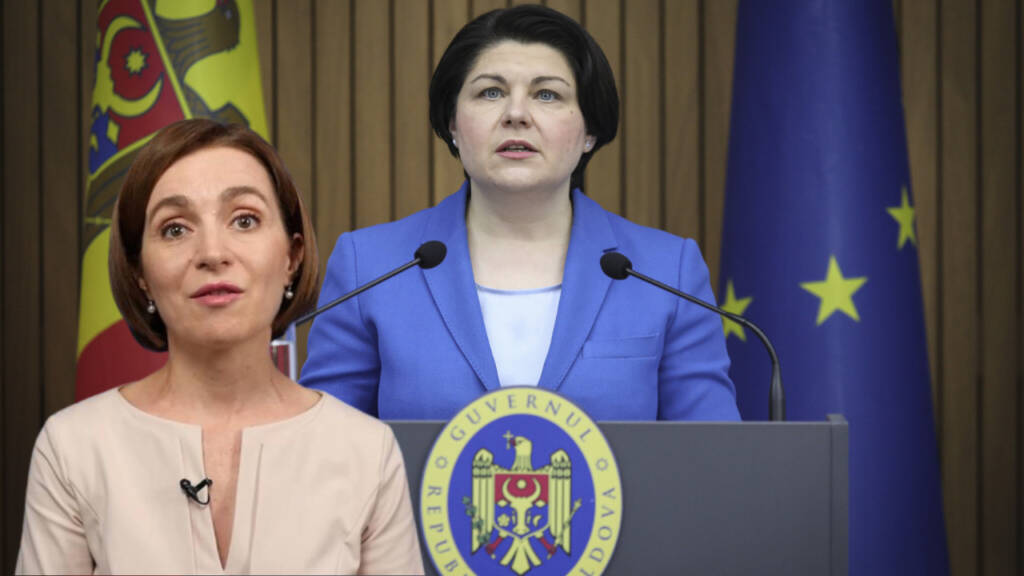Moldova’s pro-Western government resigned after a turbulent 18 months in power marked by economic turmoil and the spillover effects of Russia’s war in neighbouring Ukraine.
Moldova faces soaring inflation and has struggled to cope with an influx of Ukrainian refugees. It has also suffered power cuts after Russian attacks on Ukrainian energy facilities and struggled to end its reliance on Russian gas.
The steep price increases, particularly for Russian gas, led to street protests last year in which demonstrators called for the government and Sandu to resign.
But it seems like the authorities in Moldova have not learnt anything from the past experience. President Maia Sandu accepted Prime Minister Natalia Gavrilita’s resignation and nominated 48-year-old presidential aide and former interior minister Dorin Recean to replace her. Recean is a staunch EU supporter and said he plans to continue to pursue membership of Moldova into the 27-nation bloc.
Read More: France’s €100 Million bet in Moldova is another nail in Zelensky’s coffin
When the European Union Council agreed to grant Moldova the status of EU candidate country, it lifted the morale of a beleaguered leadership in Chișinău attempting to negotiate a difficult series of challenges. However, the EU’s accession brought with it an energy crisis that threatened to deprive the country of gas in the winter of 2021-2022, a brewing economic catastrophe with rampant inflation, and a security and refugee issue as a result of Russia’s conflict against Ukraine.
The war in its immediate neighbourhood has compounded the already tough geopolitical balancing act of successive Moldovan governments, with Russian soldiers pushing in the spring along Ukraine’s southern coast to within 100 kilometres of Moldova’s boundaries. It has also exacerbated existing security threats. Moldova has spent years balancing its EU ambitions with its constitutional neutrality and numerous ties to the Russian Federation.
Read More: Amid tensions across Europe, Moldova and Russia-backed Transnistria shake hands
Russia is an important player in Moldova’s strategic interests. While President Putin has so far abstained from expressing animosity towards Moldova’s pro-EU administration, there are still many vulnerabilities that Moscow is already using and might use further if it chose to sow chaos. Not only is Moldova’s economy vulnerable and reliant on Russian energy, but there are also political groups and regions over which Moscow wields varying degrees of power.
The separatist region of Transnistria in the east and the autonomous area of Gagauzia in the south are two examples of such regions. A greater awareness of these fundamental vulnerabilities could have prevented the leaders from selecting a leader whose geopolitical ineptitude would prevent Moldova from executing the strategically necessary act of balancing.
